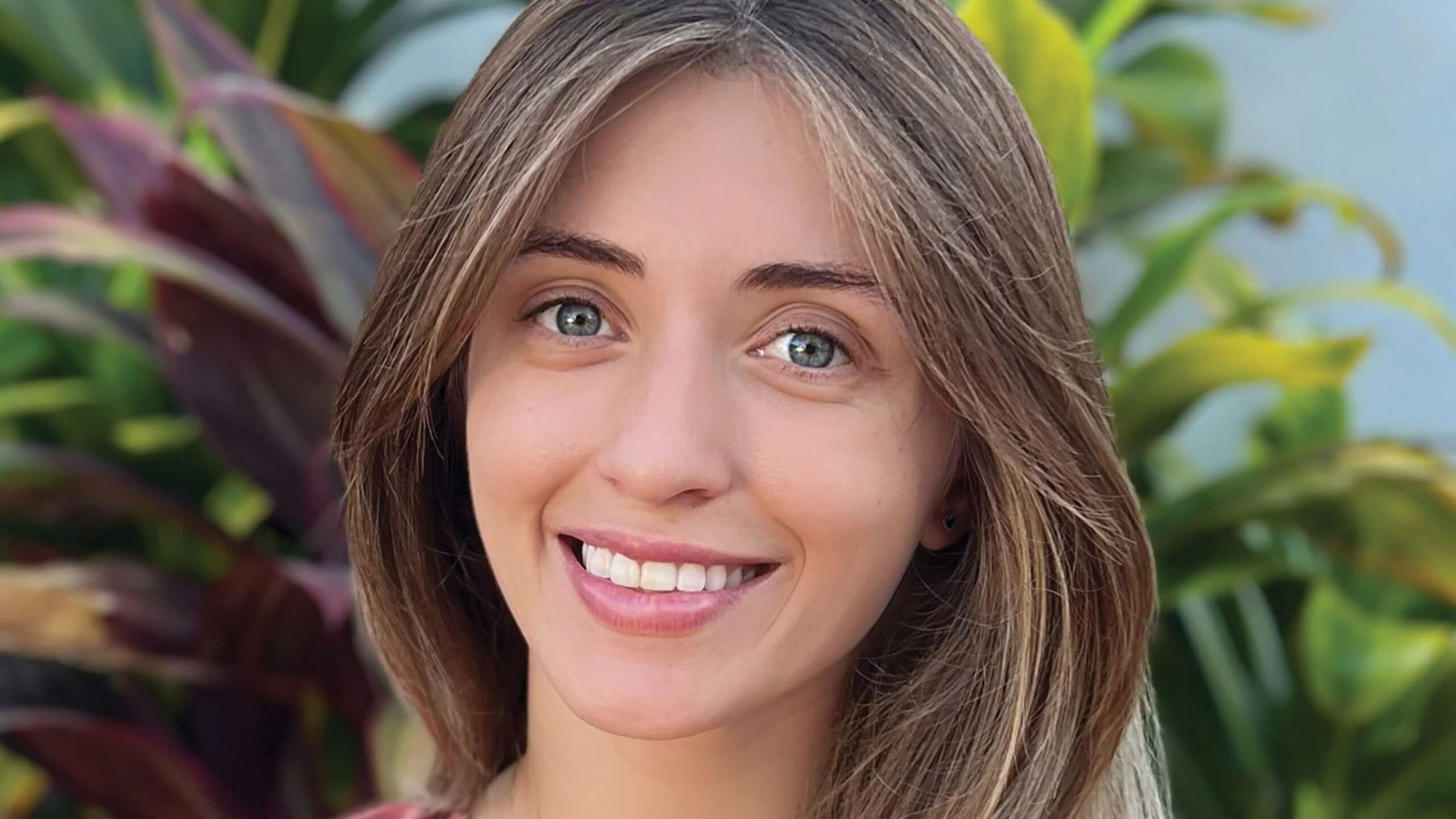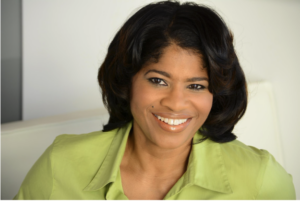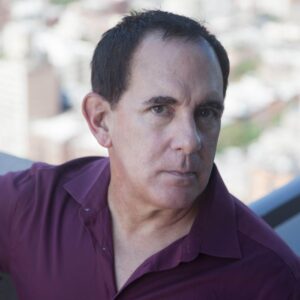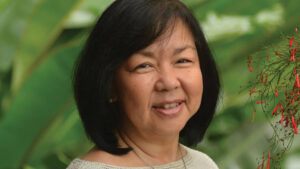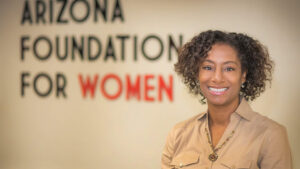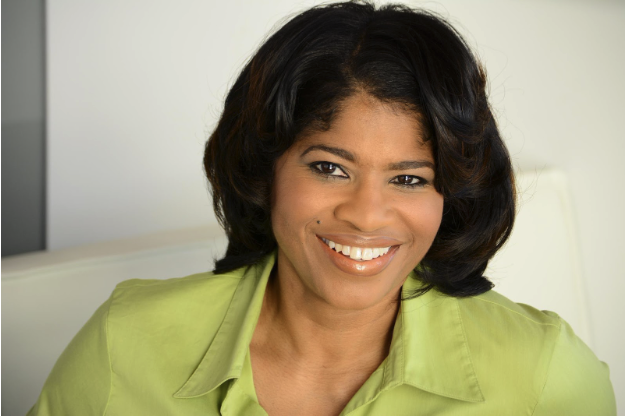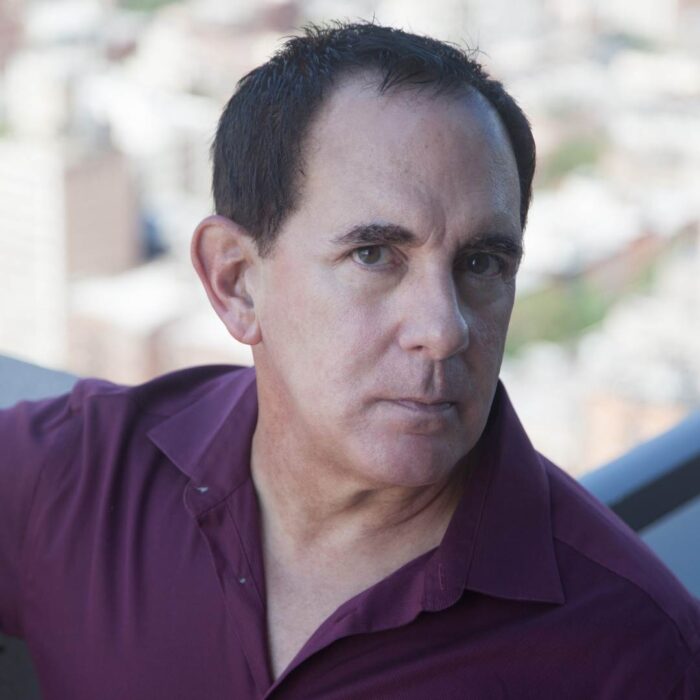An Interview with Kat Mische Elle
Schiammarelly Pinckert is a 27-year-old Bolivian doctor, yoga teacher, and health coach.
Living in Bolivia, enduring an intense government crisis, Schiammarelly is a part of the fight for democracy. She lives a life devoted to helping her community, and her happiness is in the moments when she can help save lives. She traveled to many different countries while growing up, allowing her to observe different cultures and beliefs. These experiences helped her develop a natural ability to be open to listening to all views, medically and politically.
When did you first experience living in the United States?
At seven years old, I went to America to stay with family members until I was sixteen. I loved America and adapted very quickly, learning to speak and communicate in English fluently within six months.
How did you learn to teach yourself English?
My family was insistent that I did everything in English. They told me to ask questions and use my imagination to learn to communicate in the new language. They would put me in places where I had to learn – like daycare. I would come home with new words every day. My translation was terrible, and everybody laughed at me, but they explained why they were laughing, and I laughed with them. “You can’t go forward being sad about the mistakes you make,” they would say.
Years later when I returned to Bolivia, I couldn’t adapt. The culture shock was big noticing how Bolivian children act a different way. Teens and young adults wouldn’t work, and were not allowed to be independent, or couldn’t go out to do their own thing. I was used to the culture of the United States, so after ten months, I went back to America to graduate high school.
After high school graduation, I began waiting tables. After work, one day, while watching the television show, Grey’s Anatomy, I told myself I wanted to learn to be a doctor because I love caring for people. Studying medicine was initially a superficial interest – until my grandpa got sick and needed my help.
I knew medicine was what I needed to do. However, studying medicine in America is much more expensive than in Bolivia. So, I returned to Bolivia to go to medical school and be with my family.
What field of medicine are you currently studying?
Obstetrics and gynecology are my areas of study. I thought choosing this line of health care would put me in a position with beautiful, perfect babies everywhere–it’s not like that at all. People have loss and sadness everywhere in medicine.
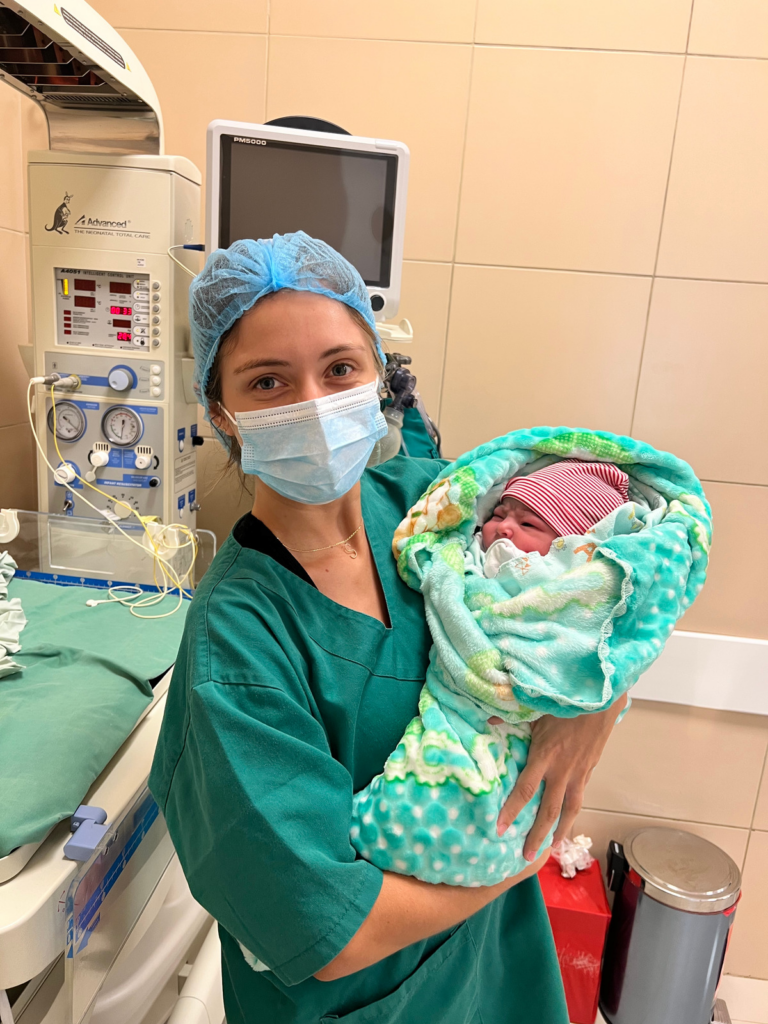
Can you describe a normal day in your work week?
Keeping up with my family, friends, and myself is hard. I do 36-hour shifts every three days with only one day of rest in between. I just want to come home, take a shower, and sleep.
How many births do you assist daily?
In the morning, we typically do three to six birthing procedures. We do rotations inside the hospital, so I work in all aspects: consults, surgery, and OR assistance. In the afternoon, I do ultrasounds and coordinate labs, doctors, and all materials to ensure the next successful procedure.
Tell me about the social unrest in your country and some of the scenarios you’ve witnessed.
We’re supposed to be a Democratic country, but in recent years we’ve had a different type of party come in. This party advocates socialism, creating many issues.
So, if it’s still democratic, who’s imposing the socialist policies on everyone?
In 2019 we had a president from a pro-socialist party who was known for notorious election fraud.
It was right before the pandemic. The country went crazy with a civil movement – and the Bolivian citizens stopped the country for 21 days.
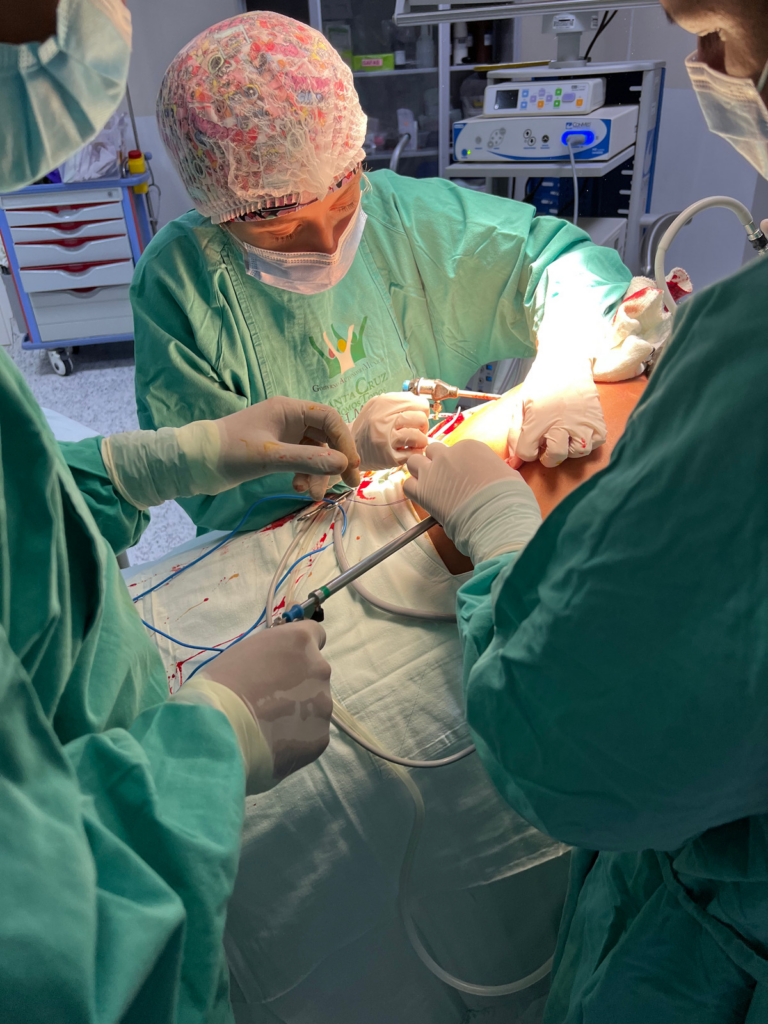
What does that mean? Stop the country?
Everybody stayed home and blocked the streets with their cars. You couldn’t go anywhere. No travel, trips to the supermarket, shopping, or going to the hospital. The economy stopped. And anyone who went against what our government said or believed in went to jail.
Civil movements are everywhere in my country. In America, you have states in my country we have departments. Each department has its own civil movement happening.
Were these protests the strongest where you are located?
Yes. Our movement was very strong. Right after Christmas, the person leading us was Fernando Camacho. He was the leader of the civil committee. This position represents the voice of the community. He was a normal, friendly man who cared about the people. The police, who are supposed to care for the community, shot at his SUV and kidnapped him without a legal arrest order.
He was lost for three hours, and during the time he was lost, the entire country went crazy because he was the person leading us to finally break away from the government fraud that was stealing our voice of democracy.
We threatened to stop the country again but enacted a peaceful protest this time. But the police went after the community and started gassing us.
Describe the horror that your community was subjected to.
Many women and children with white flags filled the streets and went to the police command center, asking for peace. And when we got there, they started firing pepper spray at us.
Did the protest switch from peaceful to not peaceful?
The protests turned violent, and the police burned cars and threw cans of pepper spray causing eye loss, brain trauma, and death. The police did not care – they went after everybody.
Because the movement had different opinions and wanted a different voice?
As a country, we are in so much pain, separated because of money and power.
Our beautiful country has many resources that could be exported with a better government and organization. I see how badly it affects us here in the medical field.
We do have free healthcare, but there are many problems. When we run out of something, the patient has to buy that item themself to get their procedure. We don’t have enough beds because the census only counts half of the people in the area.
We have had people from Chile and Spain visit and reach out to different organizations to do something to help. There were so many irregularities – it scared them.
When they began to voice their opinions within 24 hours, they were asked to leave and never return to our country.
How are the women of your country contributing to a positive future in Bolivia?
Women here are close to each other. We don’t recognize race or age. Young women and grandmothers are crying and saying together to those who will listen, “This is my country; you work for us. Why are you attacking us?”
Witnessing all the women unified in the same prayers and voices for peace in our country is very powerful.
Whenever there is a conflict, you think the man is the strongest to help. The man might be strong physically, but the women behind them give them the strength to fight. At one protest, the men would retreat after being gassed, unable to see or breathe. The women had backpacks filled with milk (the only antidote available to remove the burning from the chemicals) to treat the men’s eyes and skin before they went back in again. My husband was fighting in this protest, and I would take turns running out to the fight to treat him and the others. The police came down hard on us with smoke bombs. The police shot at us with bazookas, and this went on for many hours.
We began to run with the smoke hitting our eyes. There were moments I felt blind. Men and women were running to survive the gas and smoke. It was terrible and sad.
We were exhausted, but knowing what we were standing for kept us going.
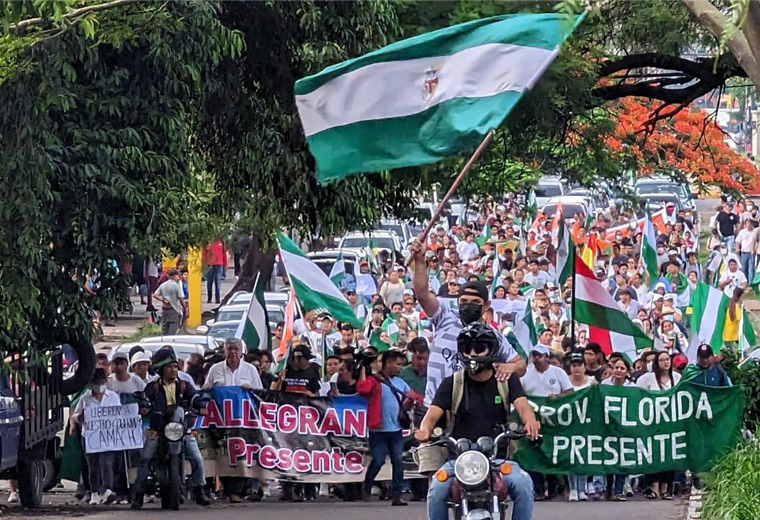
How did these encounters give you strength for the future?
They validated my determination for fighting for liberty, democracy, my future children, and my voice to be heard.
Where are your ambitions leading you personally and professionally for the remainder of 2023?
I will be finishing my residency in Germany. I want to go to another place, observe positive solutions to situations, and bring that influence back to Bolivia. If the opportunity arises in Bolivia to help as a medical professional, I will come back and join a foundation. I will go anywhere to be a part of a positive solution. And I thank God I have a husband who supports my decisions.
What do you wake up to each day that keeps you motivated?
I wake up wanting to make my dreams come true. I want to deliver on my dream of living a happy life. And my happy life is helping people, which I’m meant to do.
What encourages your inspiration in life?
My mother. She is a strong woman who taught me to be firm in my decisions, that women only need themselves to succeed, and that we can move and do everything with our own two hands. She taught me to keep my mind and willpower strong to make anything positive happen.

